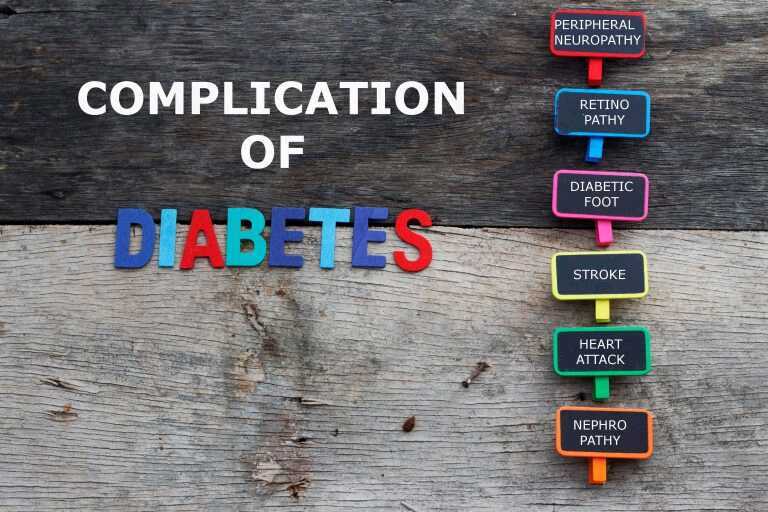
Diabetes patients can attest to the full-time status of managing diabetes. Although some conditions might require a quick check-in with your doctor or a strict food abstinence program, diabetes is somewhat unique in its need for constant vigilance regarding diet, exercise, and water intake. Although you should definitely address your diabetes in every way possible, don’t forget to look beneath the symptoms of your condition to address any other conditions you might have.
Co-morbid Conditions
The term “co-morbid” simply means a condition that exists alongside another one, without necessarily being a cause of the other condition or a symptom of the other one. While co-morbid conditions are often found in neurological disorders, diabetes has a few co-morbid diagnoses that could be affecting your quality of life.
#1. Liver Disease
Not to be confused with liver disease caused by excessive alcohol intake, the type of liver disease that accompanies diabetes is called Non-Alcoholic Fatty Liver Disease. NAFLD is a condition in which more than 10% of the liver is comprised of fat. While 5-10% of a healthy liver is filled with fat cells, anything more than this qualifies as a fatty liver.

The most common cause of NAFLD is a poor diet. The liver cannot process all of the fats being taken in, resulting in the buildup of fats and subsequent illness.
#2. Kidney Disease
Kidney disease is common in diabetes because the failure to keep your blood sugar levels within normal bounds can lead to a breakdown in the function of your kidneys. Although brief periods of high blood sugar will not cause your kidneys to fail or disease to develop, constant or chronic high blood sugar may.
#3. Heart Disease
Heart disease is often a co-morbid condition in diabetics due primarily to weight and diet. Because being overweight or obese can lead to problems controlling blood sugar and high blood pressure, the heart is often affected by diabetes. Heart disease can lead to heart attacks and heart failure.
#4. Dyslipidemia
Dyslipidemia is a condition in which lipids are found in unusual levels in the blood—typically higher than normal levels. This is generally due to a combination of genetic and lifestyle, much like diabetes. People with diabetes are more likely to have high levels of cholesterol as well as high triglyceride counts, both of which can be extremely dangerous. Keep an eye on your numbers and make sure you let your doctor know if you notice any changes.
Diabetes does not have to be a debilitating disease but can bring some unexpected friends with it. Co-morbid conditions are extremely common among diabetics, with as many as 40% of diabetics experiencing co-morbidity.
ReferencesNAMCP. Accessed 6/30/17.
Physician’s Weekly. Accessed 6/30/17.
NCBI. Accessed 6/30/17.
